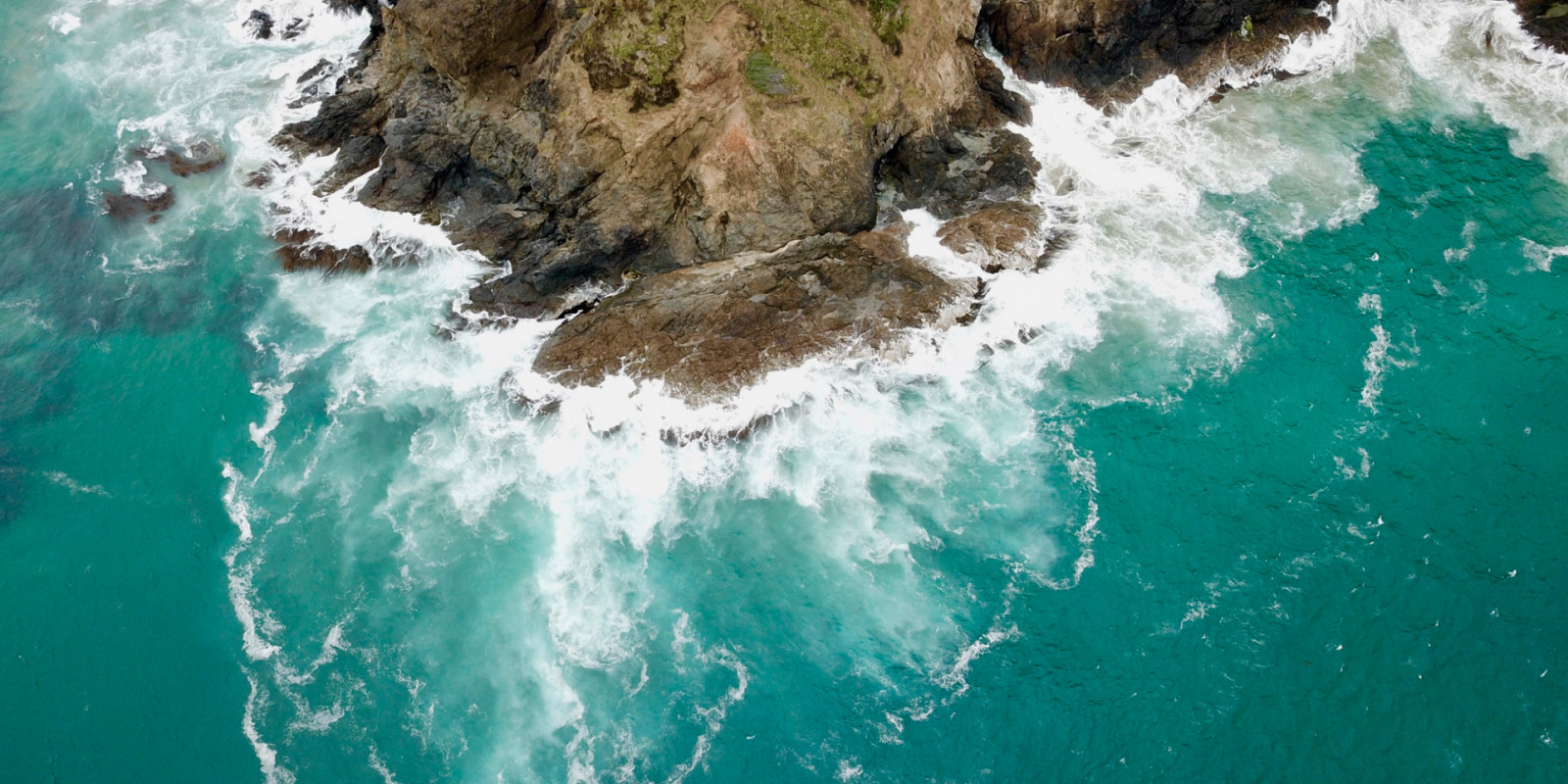- Academic publication
Maternal age, length, and weight influence larval characteristics and viability in the viviparous temperate reef fish Helicolenus percoides
Kolodzey S, SR Wing, and LM Durante. (2021).
Marine Ecology Progress Series
Highlights
- In some fish species, older, larger females can produce faster-growing and more viable larvae than younger, smaller females
- This effect was investigated in sea perch Helicolenus percoides
- Information was collected on fecundity and oil globule volume (OGV)
- Absolute fecundity increased proportionally with maternal age and total length
- Older, larger females produced cohorts of larvae with larger OGVs
- OGV, which was affected by maternal age and size, is an important factor influencing larval growth and viability when external energy sources were available
- This research provides insight into the reproductive biology of sea perch and highlights the importance of an old-growth age structure for effective larval viability and growth.
Key words
Maternal effects · Oil globule · Larval survival · Larval growth · Viviparity · Fecundity
